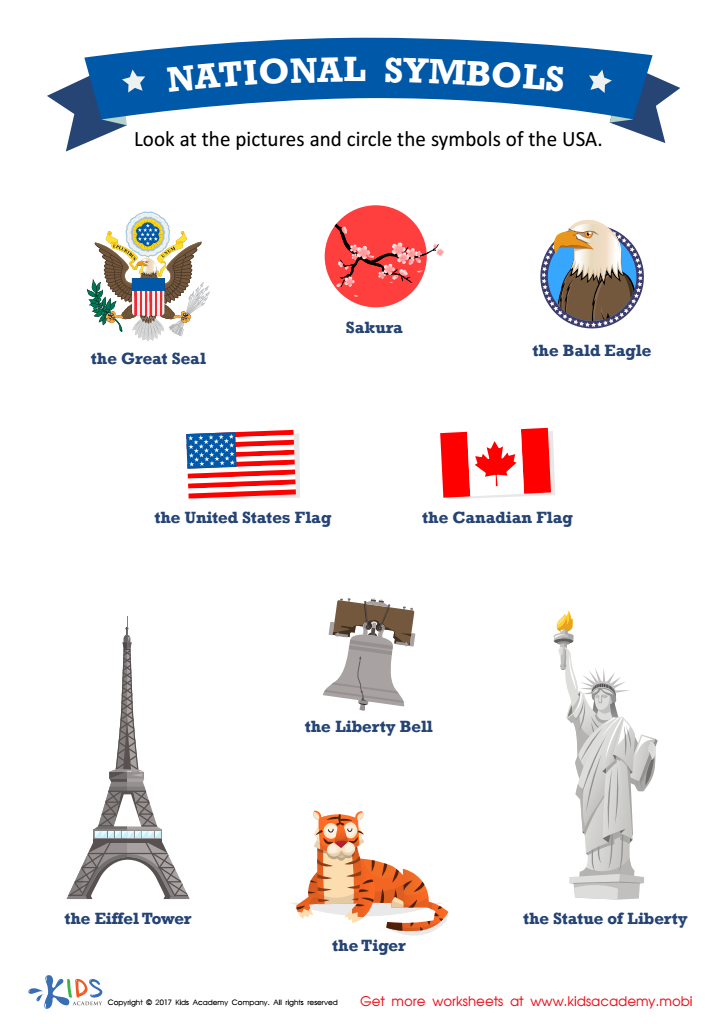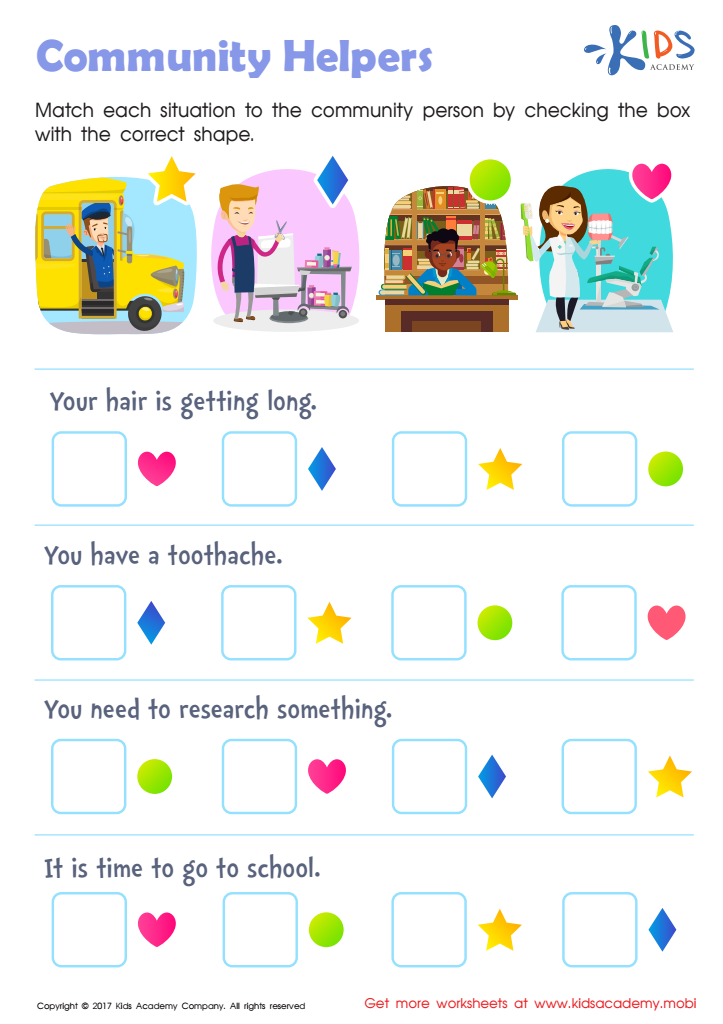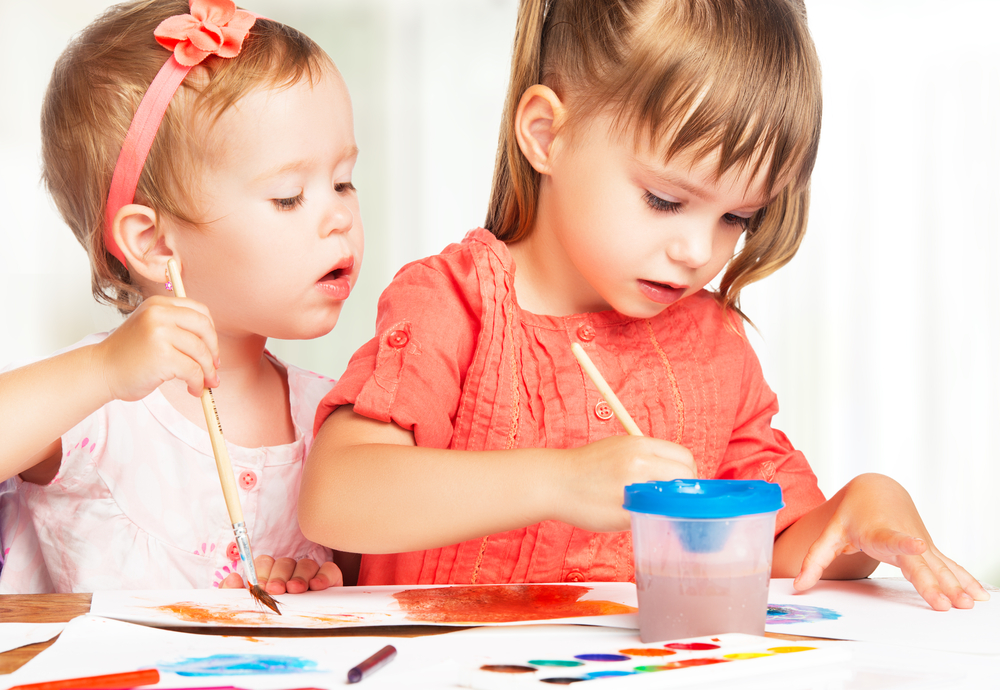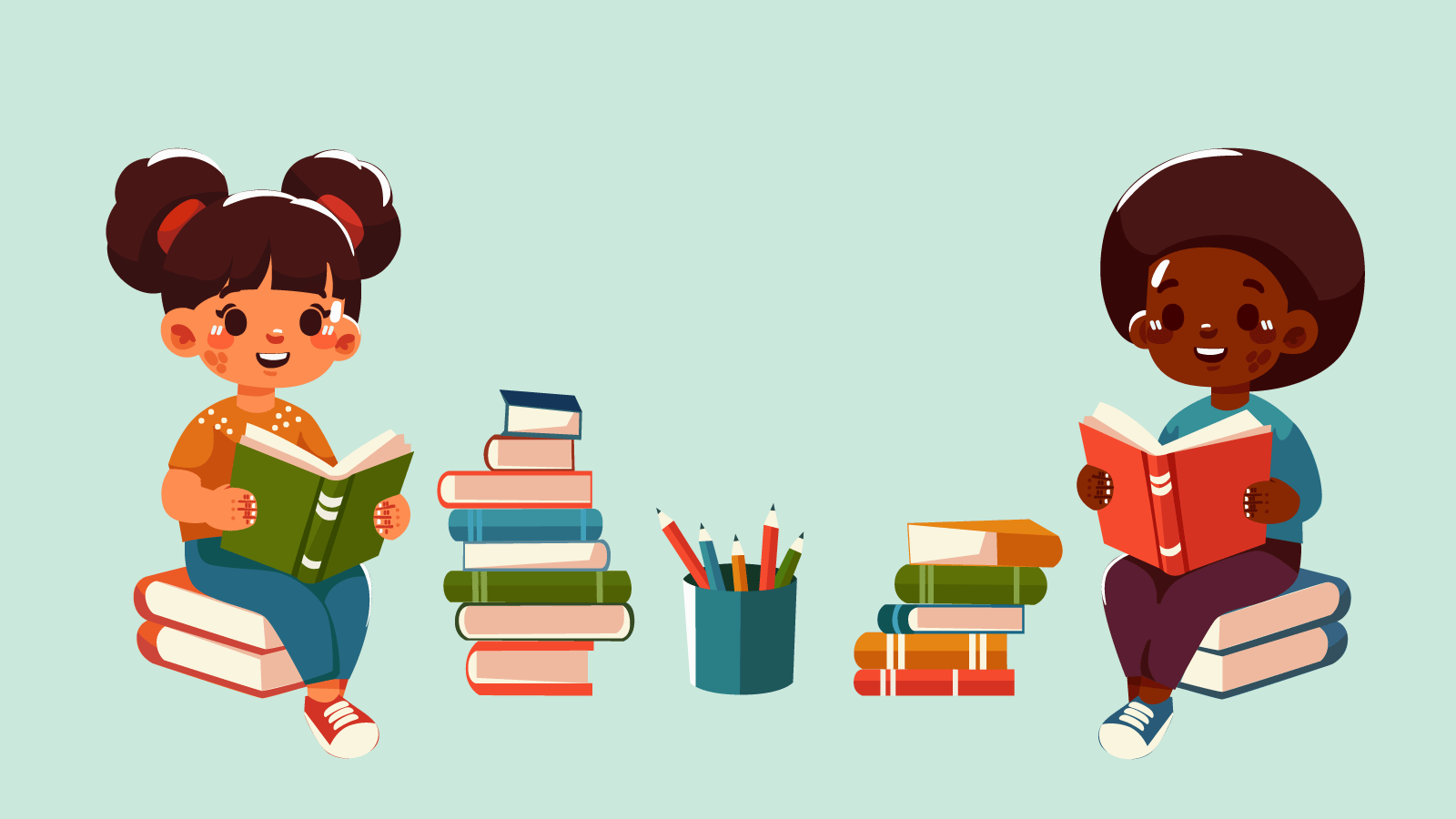Associative learning Worksheets for Ages 3-7
6 filtered results
-
From - To
Explore our engaging Associative Learning Worksheets designed specifically for children aged 3 to 7. These thoughtfully crafted resources help young learners develop critical thinking skills by connecting related concepts, enhancing their ability to recognize patterns and relationships. Each worksheet features vibrant illustrations and interactive activities that make learning exciting and enjoyable. Perfect for parents and educators alike, our printable materials support early childhood education and encourage cognitive growth. With a variety of themes and difficulty levels, these worksheets are an essential tool for fostering a love of learning while building foundational skills. Discover the joy of associative learning today!
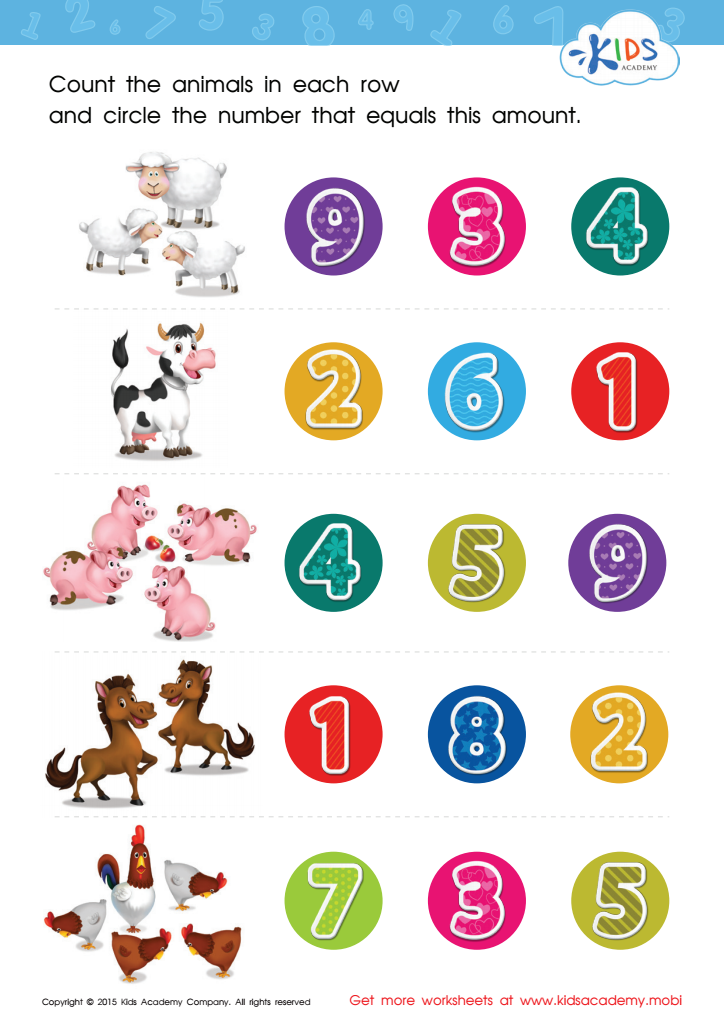

Count and Match 1 – 5 Math Worksheet
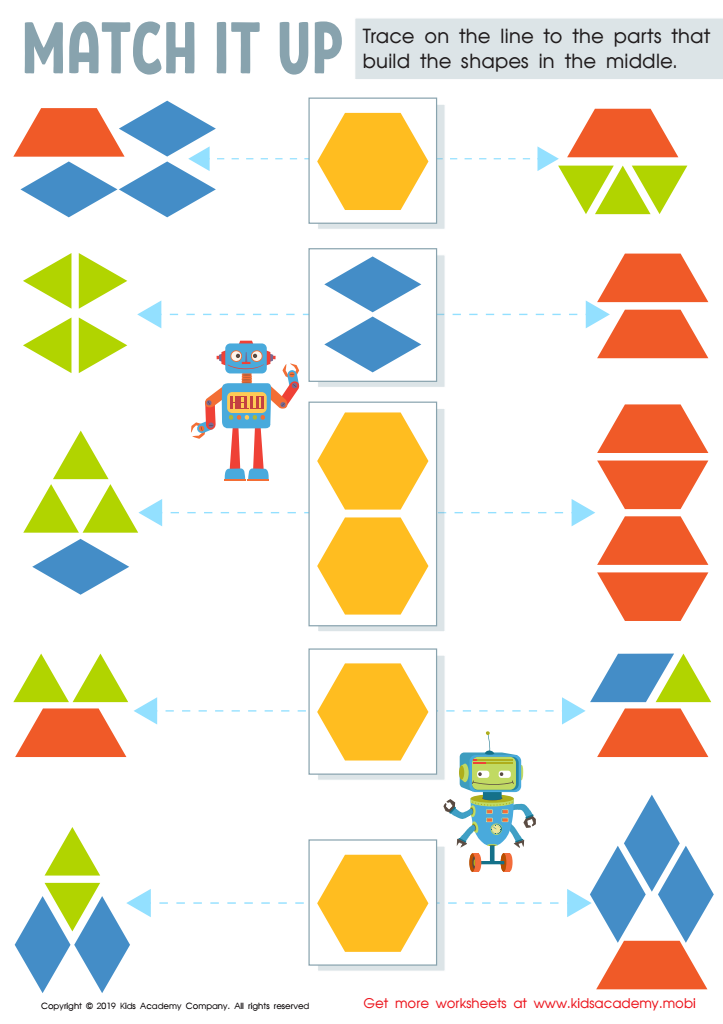

Match It up Worksheet
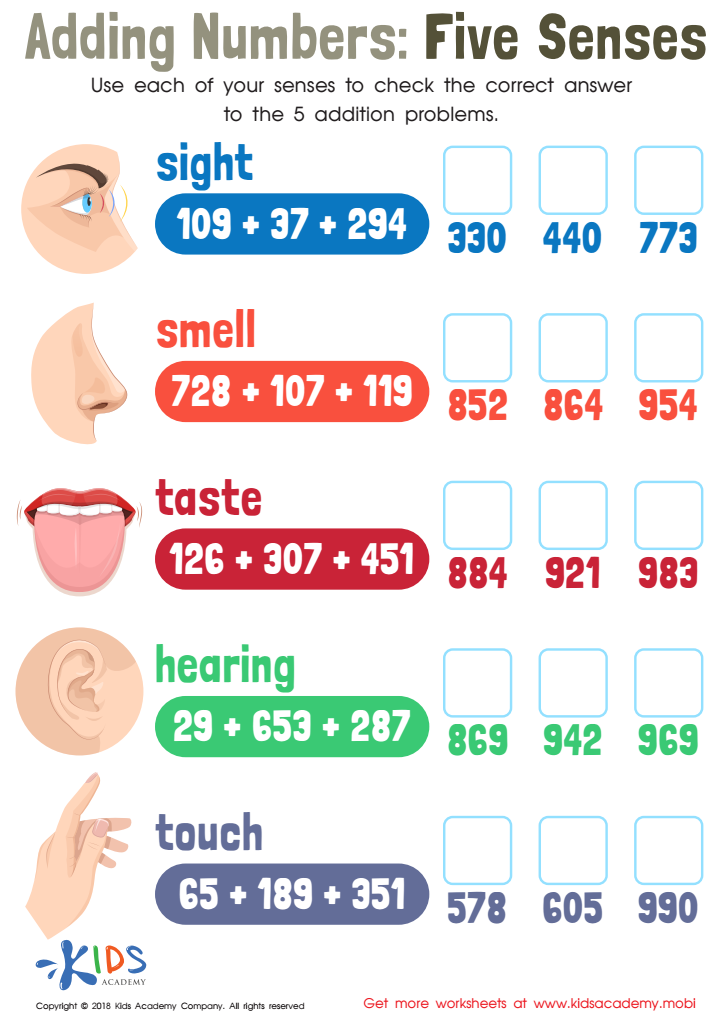

Adding Numbers: Five Senses Worksheet
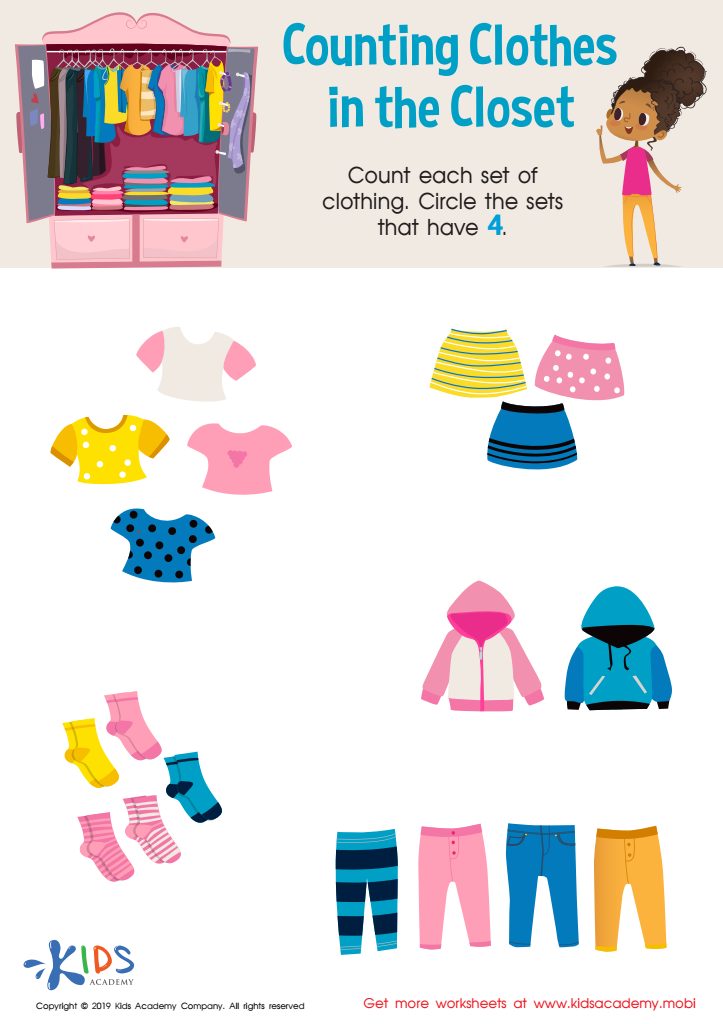

Counting Clothes Worksheet
Associative learning is crucial for children aged 3-7 as it forms the foundation for cognitive and emotional development. This learning type involves connecting new information with existing knowledge, shaping how young minds understand the world around them. For parents and teachers, fostering associative learning can enhance language acquisition, problem-solving skills, and creative thinking.
During these formative years, children engage in playful exploration, often learning through interactions with adults and peers. When children associate actions with outcomes—like linking words with objects or experiences—they develop better comprehension and retention skills. This intrinsic understanding aids in tasks like counting, categorization, and memory, which are essential for academic success.
Moreover, associative learning promotes social skills as children learn to associate specific social cues with appropriate responses, which enhances their ability to navigate relationships. Teachers can facilitate this by incorporating games, songs, and stories into lessons, helping children make connections in an enjoyable way.
Parents play a fundamental role in this learning process, encouraging exploration and curiosity at home. By being aware of its significance, parents and teachers can effectively support holistic development, leading to confident, capable learners ready to face future challenges.
 Assign to My Students
Assign to My Students

